Why Social Reformers Still Matter – And How to Keep Their Voice Alive Through Clothing
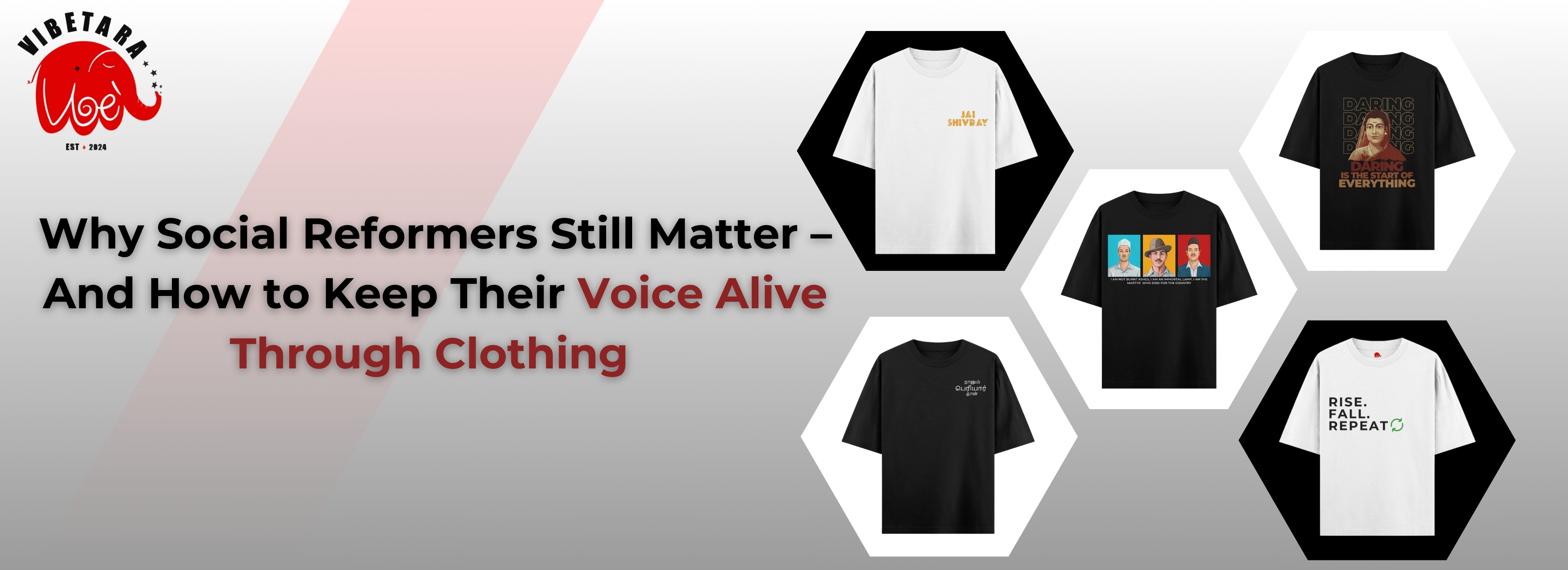
Why Social Reformers Still Matter – And How to Keep Their Voice Alive Through Clothing

In today’s fast-paced world, where trends fade overnight and distractions are everywhere, the values that shaped our society often get overlooked. Social reformers like Dr. B.R. Ambedkar, Savitribai Phule, Jyotiba Phule, and others stood for justice, education, equality, and change. Their teachings remain more relevant than ever. At Vibetara, we believe fashion can be more than just style—it can be a message. Here's how clothing can keep their voices alive and why they still matter today.
Social reformers may belong to history, but their ideas belong to the present—and future. Through thoughtfully designed T-shirts, we can keep their voices alive, start new conversations, and build awareness that looks good and means more.Vibetara believes in turning fashion into a platform of pride, power, and purpose. Because what we wear should not just look good—but also stand for something important.
Social Reformers Fought for Rights We Still Struggle With
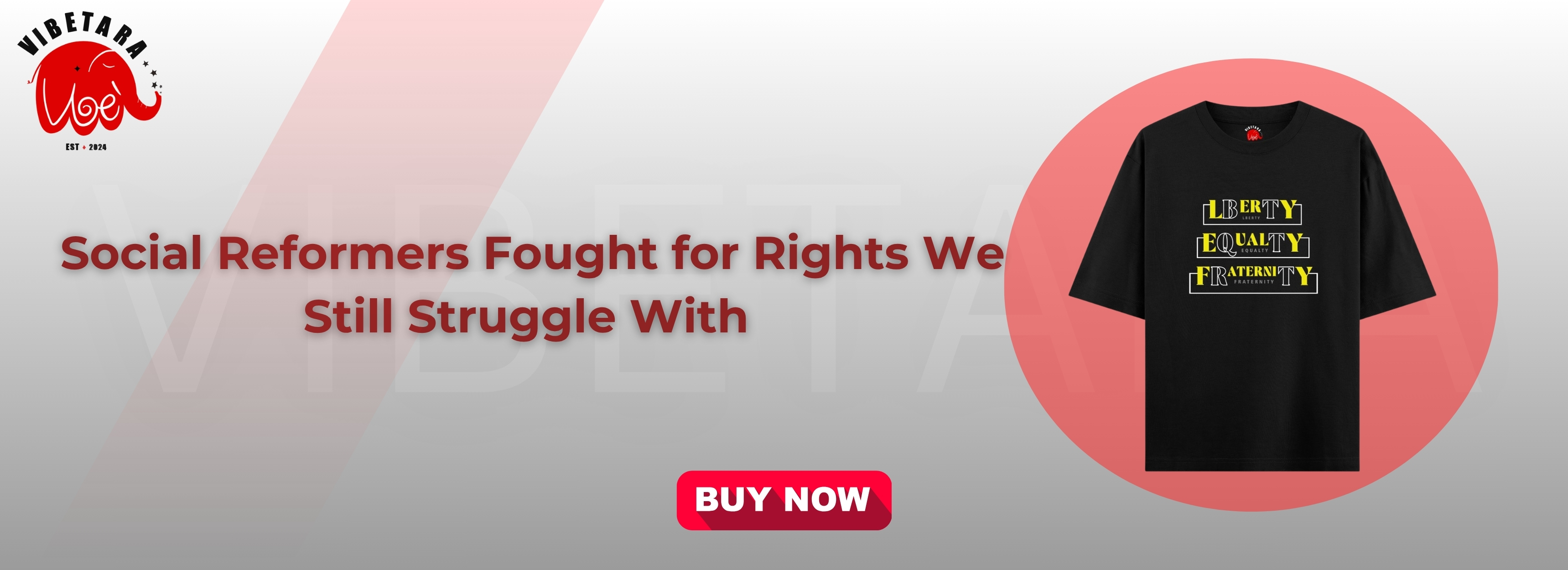
Even today, we face challenges with equality, caste discrimination, and access to education. Social reformers laid the foundation, but the work isn’t done. Their ideas push us to keep fighting for fairness in every space—schools, offices, politics, and homes.
Wearing their message reminds us and those around us that change is a process. A T-shirt with Ambedkar's quote isn’t just clothing—it’s a silent protest, a voice, and a reminder that equality must remain our goal. It brings forgotten struggles back to conversations, especially among youth.
Clothing as a Walking Message
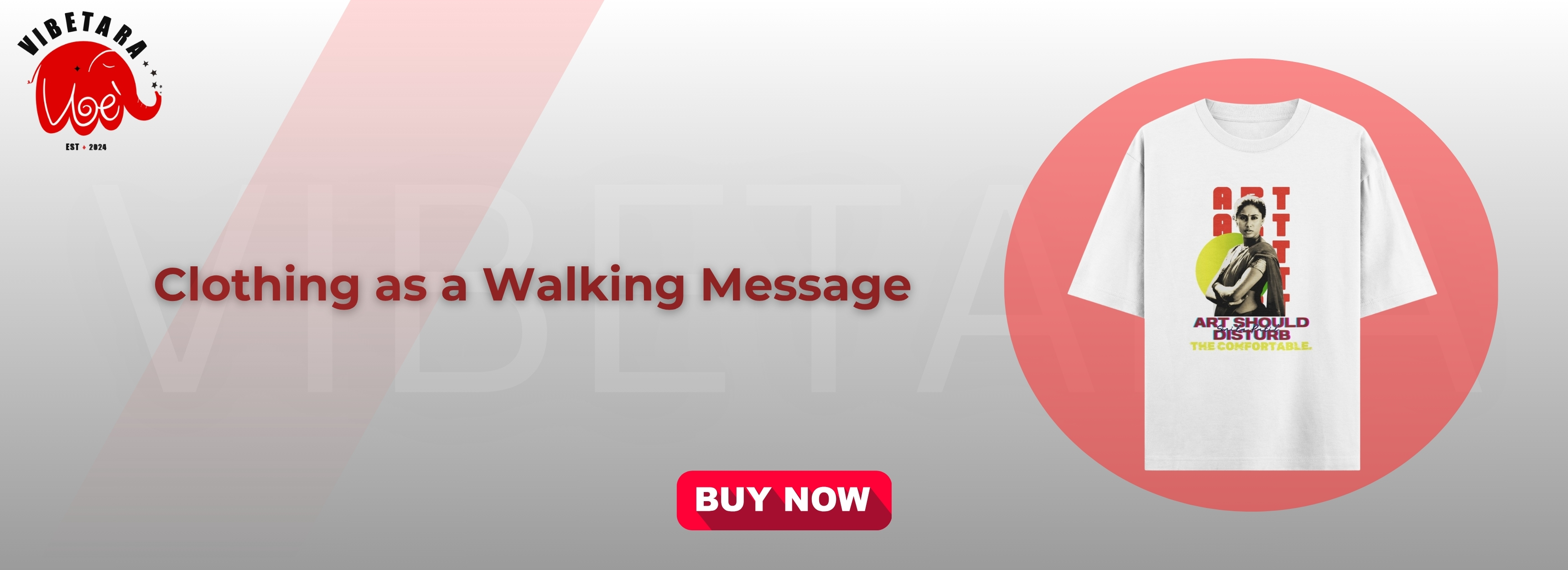
T-shirts are no longer just about fashion. They're a canvas for ideas. Wearing a T-shirt with a social message or reformer’s quote gives people a reason to ask questions, start conversations, and think deeper.
At Vibetara, our clothing uses bold prints and strong words that speak for themselves. When someone sees "Educate. Agitate. Organize." printed on a T-shirt, it’s more than text—it’s a powerful reminder of a movement that still matters today.
Youth Connect Strongly Through Style
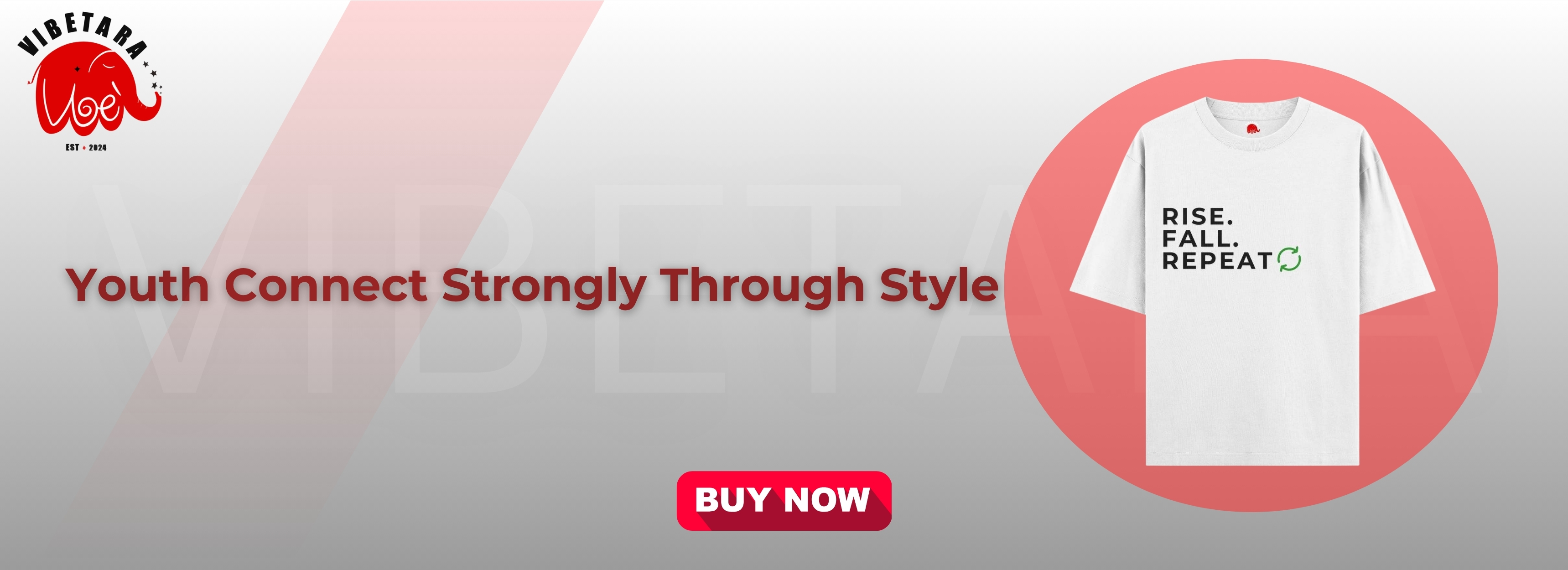
Young people connect to causes through what they wear. Activism is no longer only seen in protests—it's in Instagram posts, street fashion, and classroom discussions. A socially conscious T-shirt gives today’s youth a way to express beliefs without speaking.
By choosing to wear clothing with purpose, young customers can proudly show their support for education, equality, and justice. This emotional connection builds awareness and honors the work of the reformers who once dreamed of this kind of freedom.
Forgotten Heroes Get Visibility Again
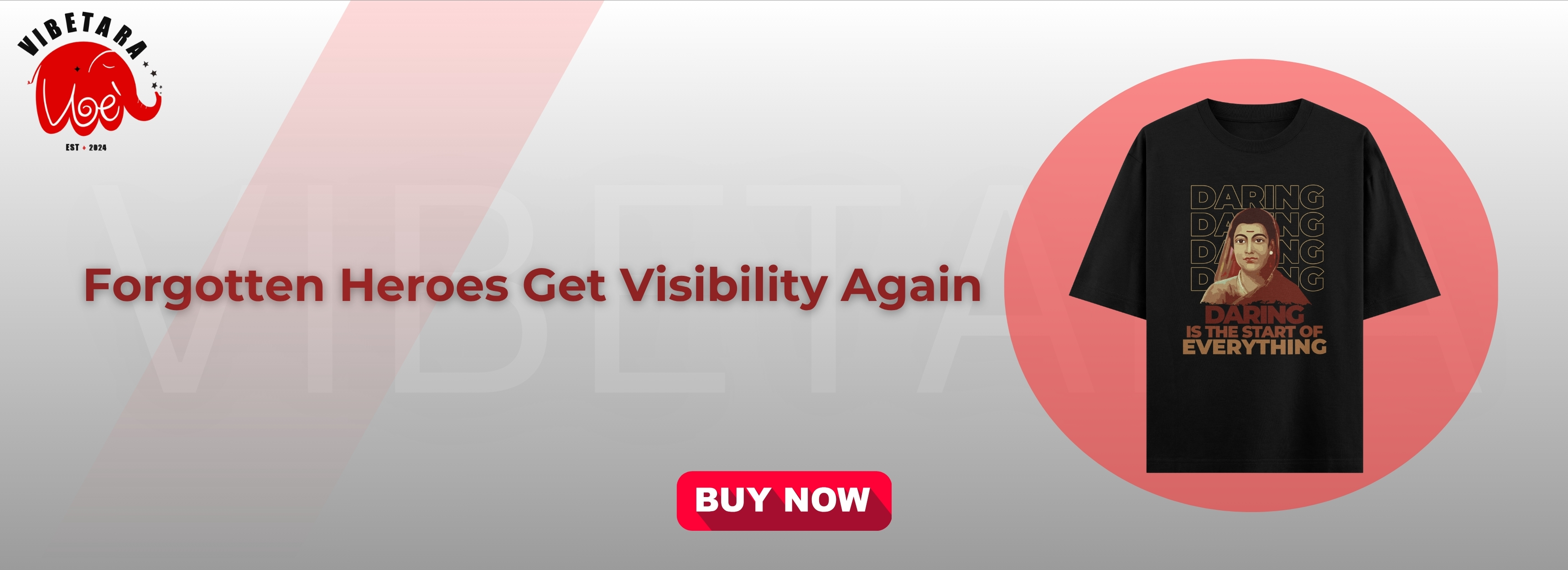
Many social reformers are not part of mainstream education or media. Clothing becomes a tool to bring their stories back. A Phule-inspired print or a Savitribai quote sparks curiosity—Who were they? What did they do?
This way, even someone walking past can become curious, Google their name, and learn something new. Vibetara ensures that the voices of lesser-known but important figures stay alive through modern streetwear and casual fashion.
Representation Builds Identity and Pride
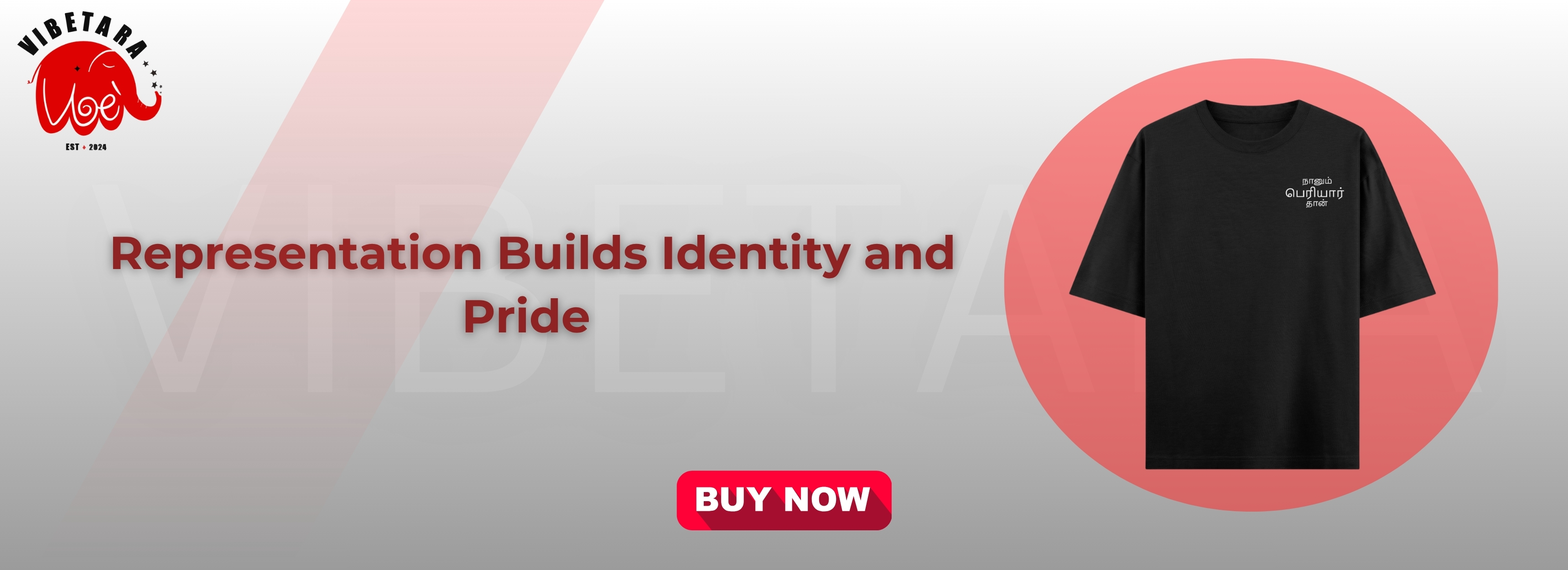
Representation matters—especially for communities whose voices were silenced for years. Seeing someone from your history on a T-shirt worn with pride changes how we view ourselves. It tells the world: “We are here, and we matter.”
At Vibetara, we aim to build pride through fashion. Whether you wear a quote from Periyar or an image of Fatima Sheikh, it’s not just about the print—it’s about being proud of a heritage that continues to inspire strength and courage.
Everyday Activism Through Daily Wear

Not everyone can join a protest or write a speech—but everyone gets dressed. And each outfit is a chance to say something. Choosing a reformer-inspired shirt is a small but steady way to keep the movement going.
Clothes become part of daily activism. When you wear a reformer’s thought across your chest while heading to college or work, you’re making a point without saying a word. It’s activism made easy—through design and fashion.
Keeping Their Ideas Alive for the Next Generation

It’s not just about remembering them—it’s about teaching the next generation. Reformers gave us tools to question, learn, and rise. Vibetara wants to turn that legacy into wearable ideas that travel far and wide.
When children see their elders or siblings wearing such clothing, they begin to ask questions and learn history not just from textbooks, but from real life. It’s fashion that educates—a way to pass down thoughts, not just style.
